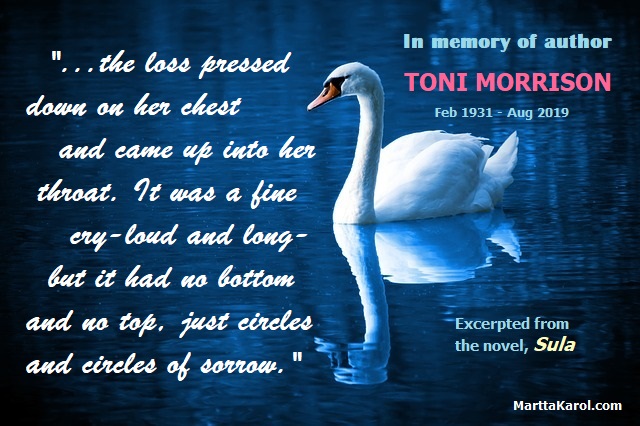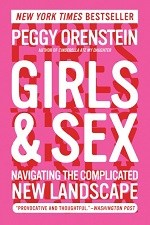
Suicide challenges our assumptions and beliefs about the way things are supposed to be, and death always leads us to try to make sense of life. Death substantiates life and reminds us to make each day count.
Many of us, I suspect, experienced an anguished sting at the moment we learned of actor/comedian Robin Williams’ recent death. Suicide usually surprises, and it always raises questions. We try to understand why, perhaps wonder if anyone tried to intervene. Over and over, we hear and speak that word: Why? Why? Why? If the person who died was someone we knew or a loved one, we wonder why he or she didn’t come to us or if there wasn’t something more we could have done. Along with our pain at the loss, we may feel shame, even fear or anger, all normal feelings in the wake of such tragedy. Suicide challenges our assumptions and beliefs about the way things are supposed to be, and death always leads us to try to make sense of life. Death substantiates life and reminds us to make each day count.
That someone who brought so much laughter into the world could feel such despair seems incongruous.
We want to believe it impossible. Seeing that it is not, we imagine reasons for Williams’ choice. Even those close to him, who loved and understood him better than any others, have likely struggled with such questions. No doubt they tried to talk to him, to give support, engender hope. Somehow it wasn’t enough; whatever happened, he chose to leave us. Some say a prescription he was taking to treat his Parkinson’s disease may have triggered suicidal thoughts. As most of us know, it wouldn’t be the first time that an otherwise useful medication has led to such tragedy. But we don’t know the circumstances or Williams’ reasoning, how clearly he was thinking or carefully he had weighed his options. And we certainly have no right to judge.
Stigma and shame are the products of others’ ignorance and emotional bias and block people from getting the help they need.
 Sadly, few of us recognize the tell-tale signs of serious suicidal threat or know how to respond helpfully. We all have personal beliefs about depression and suicidality, sometimes well informed by training or experience, but all too often motivated by ignorance and emotional bias. While we care and mean well, when faced with another’s despair we tend to be at a loss for what to say and do. Perhaps we feel expected to “fix” the problem, and feeling frustrated or impotent, end up turning our backs. Or maybe we look the other way because shows of emotion, especially when “heavy,” make us uncomfortable. Sometimes others’ depression and suicidal feelings challenge our beliefs or frighten us, so we judge and ridicule so as to push the threat they represent away. “Get over it!” we say, or “Stop wallowing!” or “You’re just feeling sorry for yourself! Nobody likes a pity party!” Maybe we try to help by pointing out what we see as positives and say, “So c’mon, you’ve got nothing to complain about!” Does anyone find such statements helpful? I doubt it. All such words do is diminish and invalidate what the suffering person is feeling, as if the pain is something to be ashamed of or inconsequential; they make it sound as if he or she should be able to simply flip a switch and find everything okay.
Sadly, few of us recognize the tell-tale signs of serious suicidal threat or know how to respond helpfully. We all have personal beliefs about depression and suicidality, sometimes well informed by training or experience, but all too often motivated by ignorance and emotional bias. While we care and mean well, when faced with another’s despair we tend to be at a loss for what to say and do. Perhaps we feel expected to “fix” the problem, and feeling frustrated or impotent, end up turning our backs. Or maybe we look the other way because shows of emotion, especially when “heavy,” make us uncomfortable. Sometimes others’ depression and suicidal feelings challenge our beliefs or frighten us, so we judge and ridicule so as to push the threat they represent away. “Get over it!” we say, or “Stop wallowing!” or “You’re just feeling sorry for yourself! Nobody likes a pity party!” Maybe we try to help by pointing out what we see as positives and say, “So c’mon, you’ve got nothing to complain about!” Does anyone find such statements helpful? I doubt it. All such words do is diminish and invalidate what the suffering person is feeling, as if the pain is something to be ashamed of or inconsequential; they make it sound as if he or she should be able to simply flip a switch and find everything okay.
Being stuck emotionally points to a need trapped in confusion and begging for illumination.
Needless to say, if it was that simple, people would do it. Contrary to what some believe, people don’t like to suffer. Folks who imagine there are those who enjoy misery should try it. Serious misery, I mean, the kind that comes from wounds beyond belief or things that can’t easily be made sense of. And who but the one who has been injured can describe it as beyond belief? No one. Pain is subjective, and can be hugely complicated. So is change, hard. Being stuck emotionally points to a need trapped in confusion and begging for illumination. Until a person can peer into the darkness and see at least some light, or at least have some reason to trust there is no drop-off or trip wire, it’s not easy to take steps forward. Continue reading →









 It is impossible not to love the words and insightful wisdom of American poet, Mary Oliver. I have just read a lovely essay by her on
It is impossible not to love the words and insightful wisdom of American poet, Mary Oliver. I have just read a lovely essay by her on 










































